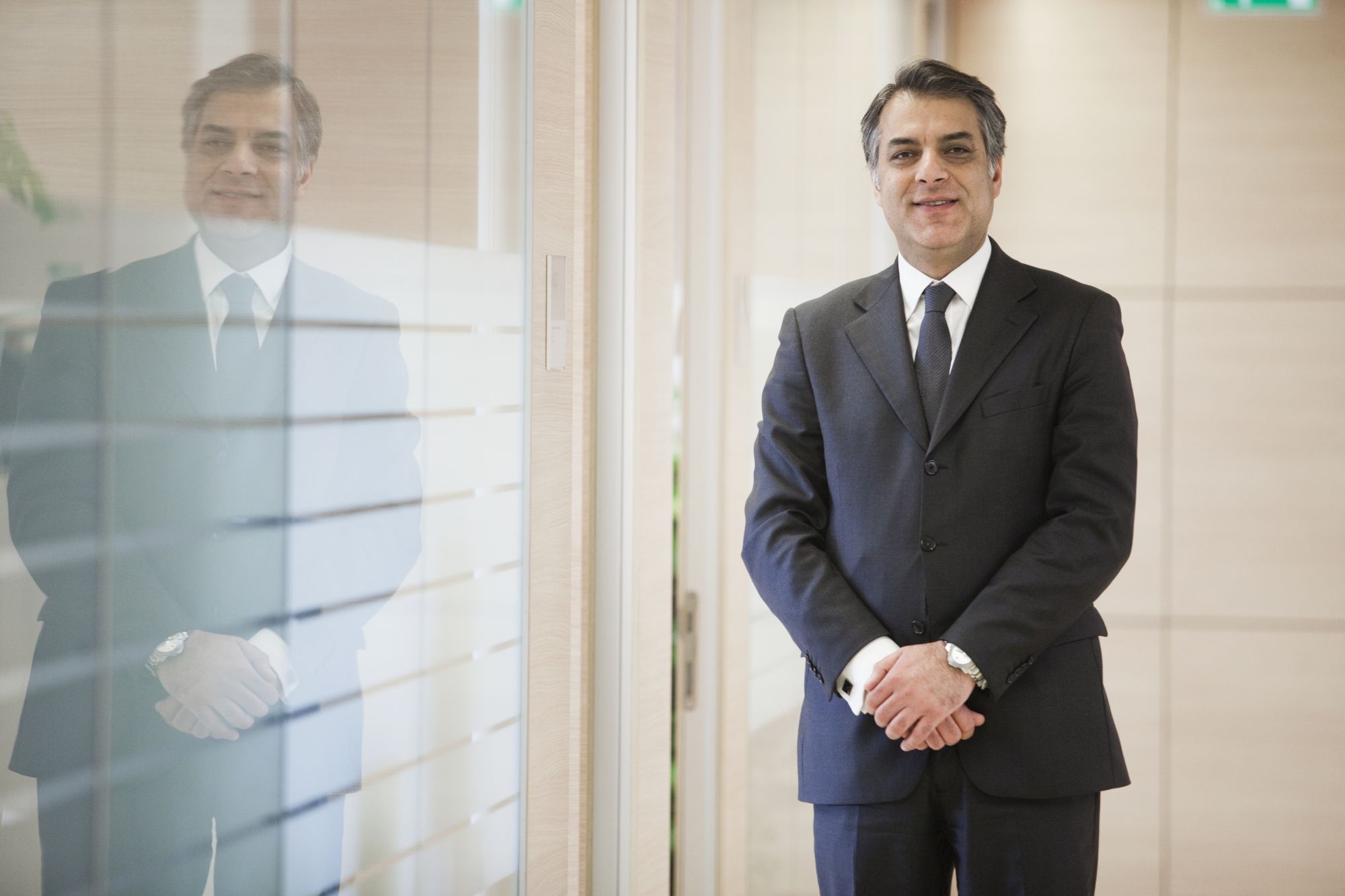New frontiers for evaluation: challenges to effective evaluation of market-oriented development initiatives - IOE
As part of the 2015 International Year of Evaluation, a meeting on "New frontiers for evaluation in an era of market-oriented development" took place at Wilton Park, West Sussex, United Kingdom, on 20-22 July 2015. The meeting was attended by development evaluation practitioners together with investors, fund managers and philanthropic foundations active in the field. Among the several participants, Oscar A. Garcia, Director of the Independent Office of Evaluation of IFAD (IOE) moderated a discussion group on "Priorities for how to transform the evaluation of impact investing", as part of a broader session on transformative evaluation, the aim of which was to discuss the priorities for a more transformative evaluation agenda, alongside specific ideas, actions and possible coalitions.
Over the past few decades, there have been dramatic shifts in the way in which middle-income and low-income countries have achieved economic growth and political and social change. These changes have been driven by new contexts, new actors and new ideas, in which market-oriented development initiatives have become increasingly prominent. Evaluation practice, shaped by a dominant public sector paradigm, has not kept pace with such changes; the meeting provided therefore an opportunity to discuss about the current challenges to effective evaluation of market-oriented development initiatives and explore how innovative methods and approaches can be identified in pursuing these strategies.
Among the several themes of the meeting, participants highlighted how funding from governments and philanthropic grants is insufficient to solve the problems of the bottom billion, thus recognizing the need for innovative forms of development. Among these, Public-Private Partnerships, very familiar to IFAD through its "4P approach" – Public-Private and People Partnerships, were recognized as important solutions, as much as other mechanisms, such as prizes for innovation and private equity funds that support the development of new enterprises that aim for the social good, in addition to financial returns.
How can development evaluation contribute to this field and how the incorporation of new players such as asset owners, asset managers, corporations and small and medium enterprises can transform the way we conduct development evaluation? Overall, there was consensus that evaluators will need to keep pace with changes in the context, including the data revolution and the information economy. The demand for results is higher and evaluators will need to adjust to the new speed of developing credible evaluations. There will be a need to change the overall mindset of the public sector evaluation into a more private sector-oriented attitude. While changes in the industry are welcome and this will have a number of methodological implications, all participants recognized the importance to keep the boundaries of the evaluation field, namely the ethical stance to speak truth to power and bring transparency to these market-oriented interventions through independent evaluation.

